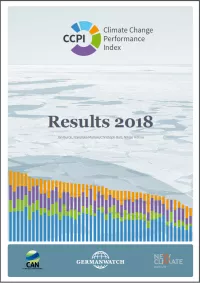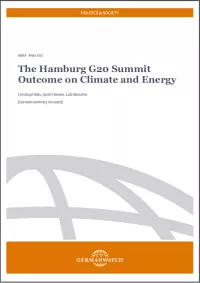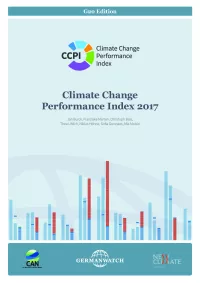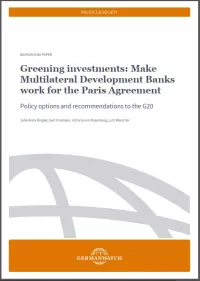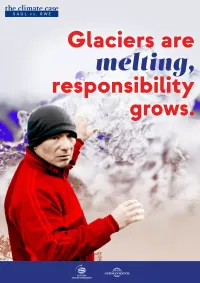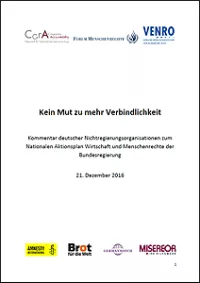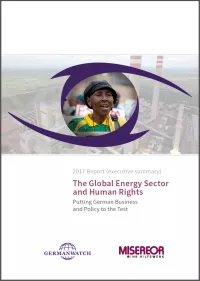
This executive summary of the report by Germanwatch and MISEREOR is all about energy – a sector that is inextricably linked to globalisation and is associated time and time again with human rights violations. The study explores the question of whether and to what extent German business and the German Government have implemented the demands of the UN Guiding Principles to date.

